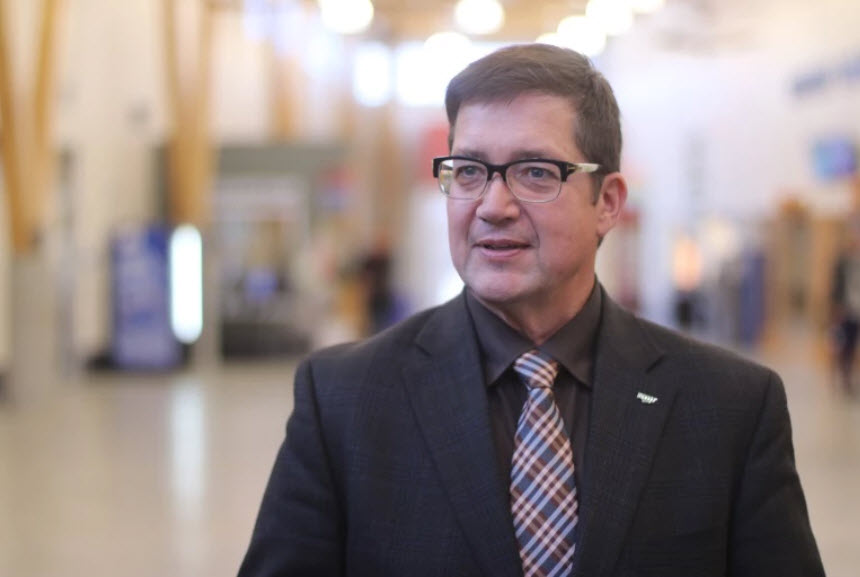Each province will have its own plan beginning in 2018
By Diego Flammini
News Reporter
Farms.com
A Manitoba farm group is encouraging its members to voice their opinions on the Made-in-Manitoba Climate and Green Plan.
“We can be part of the solution instead of just being regulated,” Dan Mazier, president of Keystone Agricultural Producers, told Farmscape today. “I would encourage everybody, if they want to take part in this, this is the time to speak up and have your say.”

Dan Mazier
Photo: Keystone Agricultural Producers
Beginning in 2018, each province will have its own carbon plan. The plan could be a carbon tax or a cap-and-trade system. If provinces do not create their own systems, the federal government will impose a tax of $10 per tonne of carbon in 2018, rising by $10 per tonne each year to $50 per tonne in 2022.
Manitoba’s plan goes against Ottawa’s wishes.
The provincial plan includes a consistent tax of $25 per tonne that will not increase. But if the tax doesn’t increase to $50 by 2022, the plan would be non-compliant, according to the Government of Canada.
Manitoba Premier Brian Pallister also announced that farmers will be exempt from a carbon tax on farm fuel, but other potential carbon-related costs remain unclear.
If citizens provide feedback, it may help legislators work out some of the finer details of the carbon tax, Mazier said.
“I think everybody is looking for this magic bullet or one solution and there’s no simple solution to this,” he told Farmscape.
Manitoba continues to accept feedback from residents.